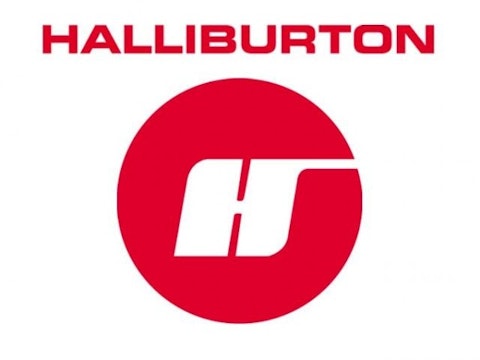With the euphoria surrounding the shale gas boom in the U.S., it’s easy to forget that other countries also have vast reserves of shale gas. In fact, China is said to hold the world’s largest technically recoverable shale gas reserves, estimated by the U.S. Energy Information Administration to total some 1,115 trillion cubic feet.
In an effort to develop these reserves, a major Chinese energy company just took an important first step in what the nation hopes will be the beginning of its own shale gas boom. Let’s take a closer look.
China’s first shale gas pipeline
On Wednesday, government-owned China National Petroleum Corp, or CNPC, announced that it has started constructing the nation’s first dedicated shale gas pipeline in central Sichuan province. The 58-mile pipeline will link gas production wells in the Changning block to the Shuanghe gas processing station. With a capacity of 4.5 million cubic meters per day, it will transport gas produced from the Changning-Weiyuan shale gas demonstration zone in the province.
CNPC is currently drilling 15 horizontal shale wells at Changning to gauge the project’s feasibility before it makes a decision on whether to move forward with full-scale development, according to a recent report by Bernstein Research, the consultancy. Test wells yielded better-than-expected flow rates, with one well producing 150,000 cubic meters per day, the report said.
Major hurdles remain
While CNPC’s announcement is encouraging, it’s important to remember that China’s nascent shale gas industry still faces significant challenges including limited experience and technology, a lack of entrepreneurship because of the government’s monopoly over the oil and gas industry, the absence of private mining rights, an underdeveloped pipeline network, and chronic shortages of water — a crucial component in the fracking process.
However, some of these challenges can be mitigated by products and services provided by foreign oilfield services companies. Take water shortages, for instance. Halliburton Company (NYSE:HAL), through its water management services, can help operators reduce unwanted water production and treat produced water for disposal or reuse through offerings that range from chemical and mechanical conformance tools to custom water treatment.
By changing the chemistry of the water, chemical, and proppant combination used in the fracking process, Halliburton Company (NYSE:HAL) has managed, in some cases, to reduce the amount of water required in fracking by half. Last year, for instance, it helped operators save as much as $400,000 a well for some wells in North Dakota’s Bakken field. Applying similar techniques to Chinese shale gas fields could yield similar success.
Opportunities for oilfield services firms
Not surprisingly, Halliburton Company (NYSE:HAL) and other major energy companies view Chinese shale gas development as a significant opportunity for future growth. Many of them, including Baker Hughes Incorporated (NYSE:BHI), ConocoPhillips (NYSE:COP), and Schlumberger Limited. (NYSE:SLB), have already developed strategic relationships with Chinese firms to better evaluate the nation’s shale gas potential.
Last December, Baker Hughes Incorporated (NYSE:BHI) joined forces with Honghua Group, China’s largest oil-drilling equipment exporter, to provide oilfield services and conduct research on China’s shale gas prospects, while Schlumberger Limited. (NYSE:SLB) purchased a roughly 20% stake in China’s Anton Oilfield Services Group, solidifying an existing cooperation agreement between the two companies to develop drilling fluids and well-cementing services.
Meanwhile, ConocoPhillips (NYSE:COP), an integrated oil company, is working with Sinopec to study shale development in China’s Qijiang block, an area thought to contain large quantities of shale gas, and plans to conduct two-dimensional seismic surveys and drill two wells in the block.
The bottom line
Though China’s shale gas industry is still stuck in an early developmental stage, a number of U.S.-based energy companies are enthusiastic about the nation’s shale prospects. As an additional catalyst, China’s Ministry of Finance said last November that it would provide shale drillers a sizable subsidy per cubic meter of gas sold.
Given the high level of service intensity required in exploiting China’s shale reserves, top-notch services firms such as Halliburton Company (NYSE:HAL) and Schlumberger Limited. (NYSE:SLB) are sure to benefit from the expected acceleration in Chinese drilling activity over the next several years.
The article Can China Join the Fracking Game? originally appeared on Fool.com and is written by Arjun Sreekumar.
Fool contributor Arjun Sreekumar has no position in any stocks mentioned. The Motley Fool recommends Halliburton.
Copyright © 1995 – 2013 The Motley Fool, LLC. All rights reserved. The Motley Fool has a disclosure policy.





